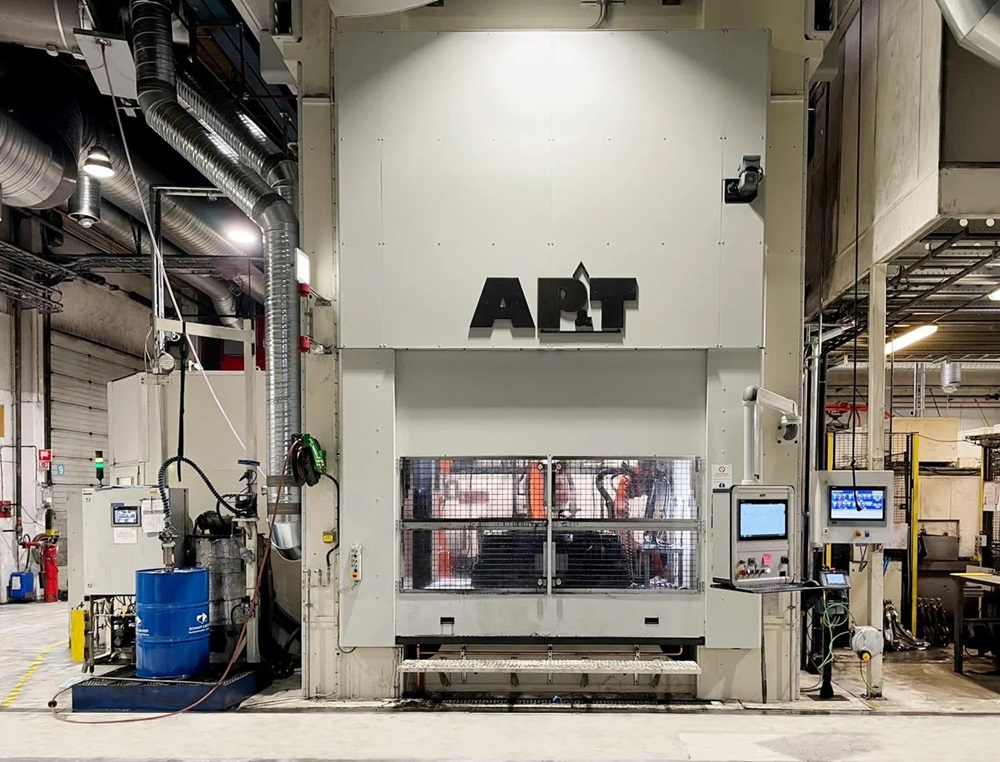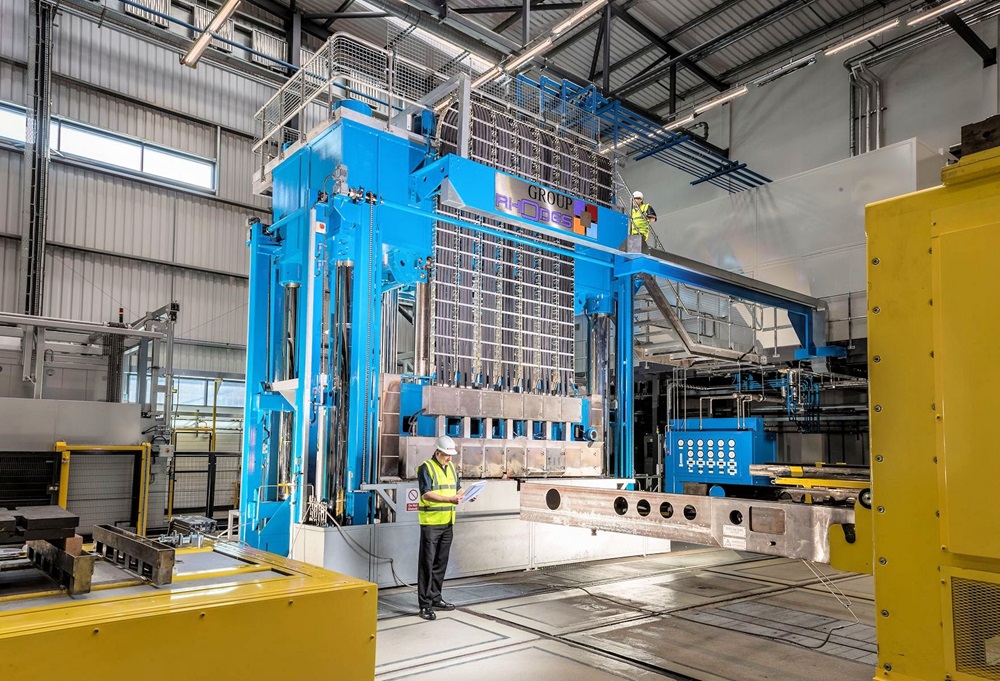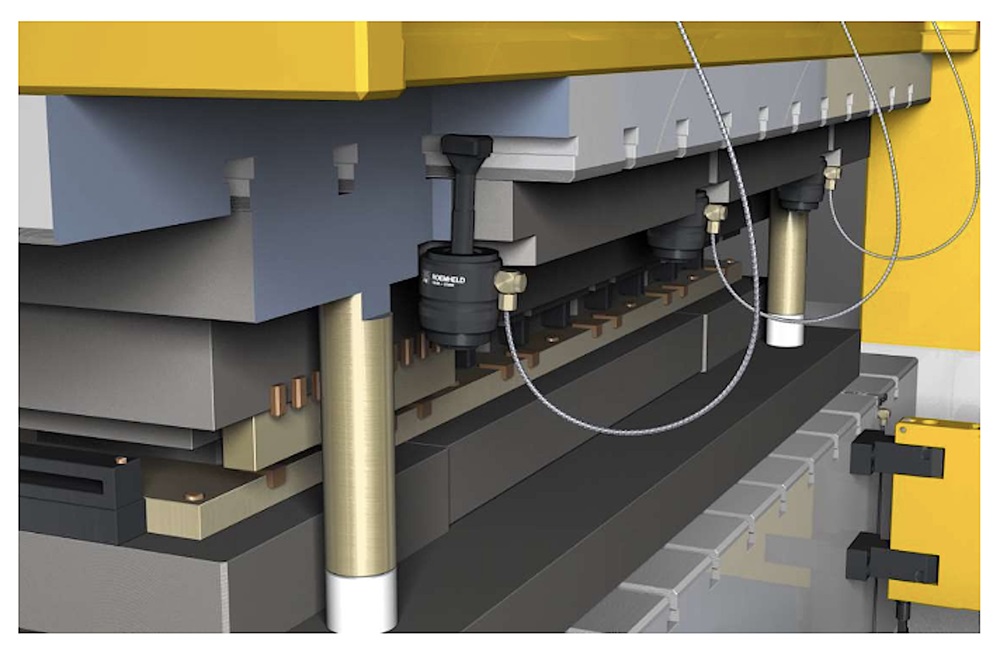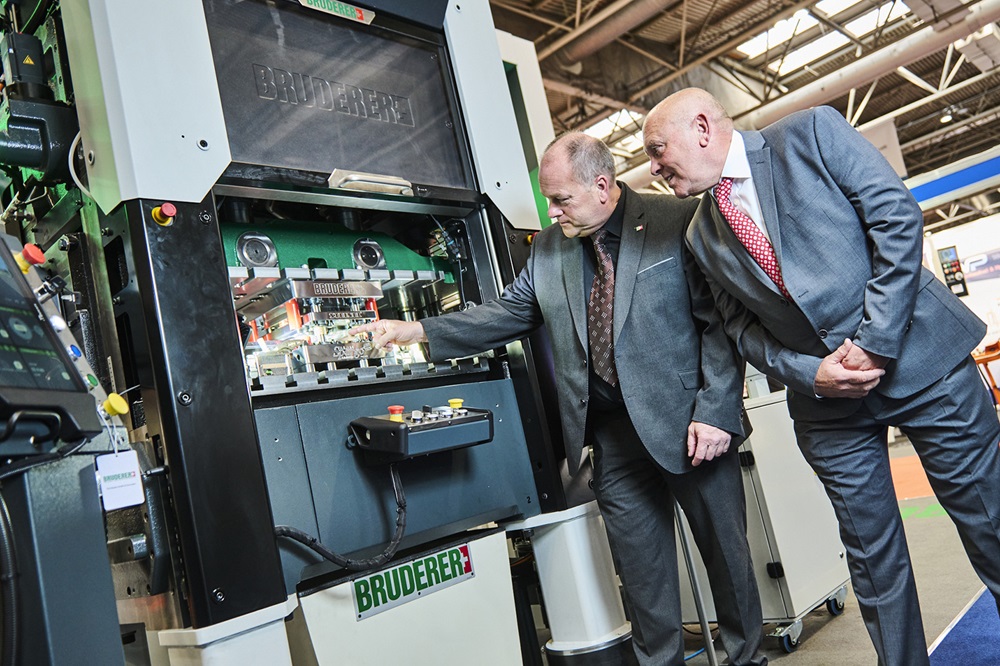In an exciting development for the UK’s space sector, Brandauer is making significant strides in creating cutting-edge components for space motors. This initiative is part of the £1m ‘Pivot into Space’ programme, funded by the UK Space Agency and led by the Midlands Aerospace Alliance.
Brandauer recognised the potential to apply its capabilities to the space industry’s unique challenges. This project under the Pivot into Space programme focuses on enhancing the company’s ability to stamp ultra-thin electrical steels, a crucial factor in improving motor efficiency and reducing weight and mass – both key considerations for space applications.
One of the most innovative aspects of Brandauer’s work is eliminating the need for secondary stamping lubrication. This development is particularly significant as it reduces the risks associated with vacuum outgassing in the space environment. By removing trace materials from the manufacturing process, the company is addressing a key concern for components destined for use in space.
In parallel with these advancements, Brandauer is developing cutting-edge bonding technologies. The company’s work on infrared and in-die glue bonding aims to improve tensile shear strength, temperature management and thermal resistance of components. These improvements are crucial for the harsh conditions encountered in space operations.
Brandauer’s project exemplifies the goals of the Pivot into Space programme, which aims to help SMEs leverage their existing capabilities to enter the high-growth space industry. The programme provides not only financial support but also valuable technical and commercial guidance, helping companies like Brandauer to overcome the significant barriers typically faced when entering this demanding sector.
More information www.brandauer.co.uk



















